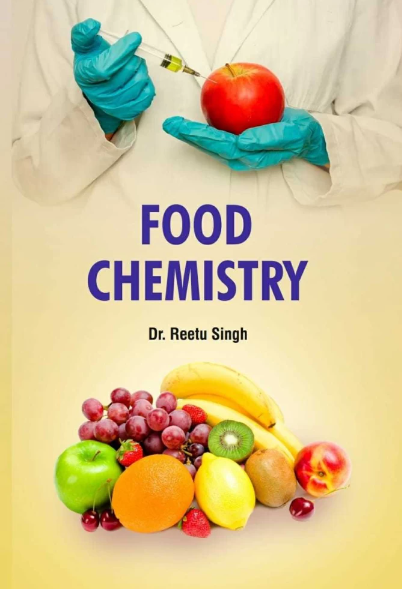Investigation into the effects of acute heat stress on stress level, meat quality, myofibrillar proteins properties and serum metabolites release of Muscovy ducks (Cairina moschata)
IF 8.5
1区 农林科学
Q1 CHEMISTRY, APPLIED
引用次数: 0
Abstract
This study systematically investigated the effects of acute heat stress (AHS) on Muscovy ducks, focusing on plasma stress indicators, meat quality, myofibrillar proteins (MPs) properties, and serum metabolite profiles. AHS significantly elevated stress level, impairing meat quality, as evidenced by higher L* value, shear force, drip loss, and cooking loss (P < 0.05). It also induced MPs oxidation and aggregation, reflected by elevated carbonyl content, turbidity, zeta potential, and particle size. MPs structural alterations were confirmed by fluorescence quenching and increased exposure of hydrophobic groups. Correlation analysis revealed strong associations between physicochemical changes and MPs oxidation. Metabolomic analysis identified 161 and 105 differential metabolites in the CON vs. LS and CON vs. SS comparisons, respectively, involving 25 metabolic pathways related to energy, amino acids, and fatty acids. These findings provide novel insights into the molecular pathways of AHS-induced meat quality deterioration and reveal potential intervention timing for the poultry industry.


求助全文
约1分钟内获得全文
求助全文
来源期刊

Food Chemistry
工程技术-食品科技
CiteScore
16.30
自引率
10.20%
发文量
3130
审稿时长
122 days
期刊介绍:
Food Chemistry publishes original research papers dealing with the advancement of the chemistry and biochemistry of foods or the analytical methods/ approach used. All papers should focus on the novelty of the research carried out.
 求助内容:
求助内容: 应助结果提醒方式:
应助结果提醒方式:


